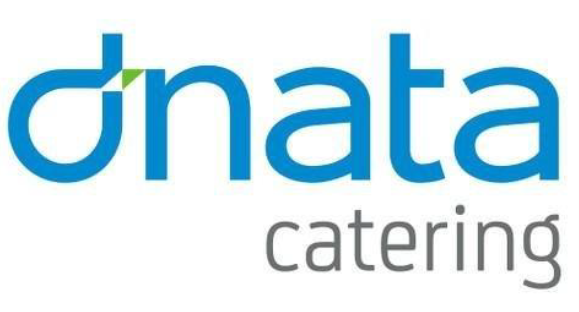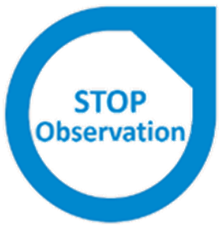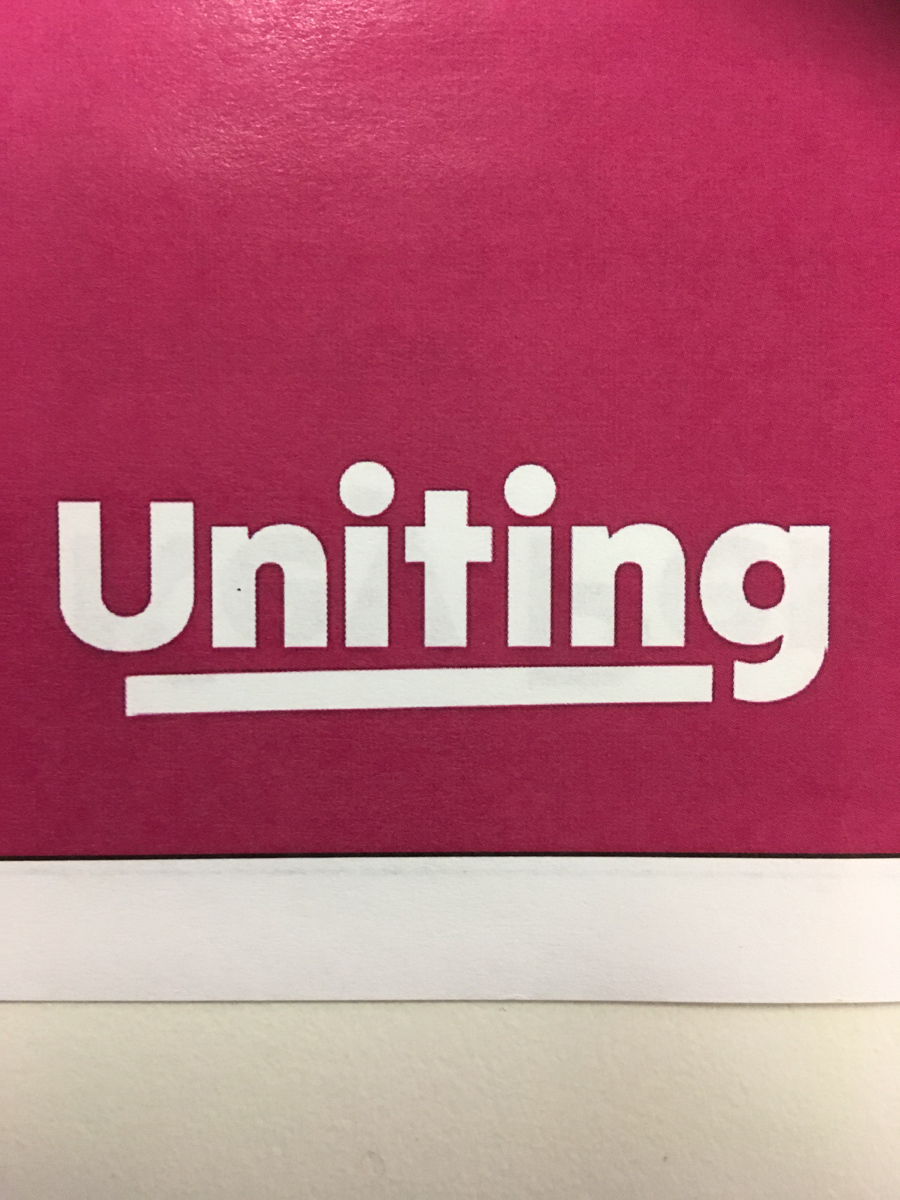Information
-
Project Title
-
Project Management Name
-
Principle Contractors Details
-
Client / Site
-
Conducted on
-
Prepared by
-
Location
-
Personnel
Construction Project WHSMP Checklist
Work Health and Safety Management Plans (WHSMP)
-
WHSMP for project has been prepared and includes the following;<br>- names, positions and WHS responsibilities <br>- arrangements for consultation and activity co-ordination / co-operation<br>- incident management processes<br>- site specific rules <br>- how SWMS’s are to be collected, assessed and reviewed
-
PC ensures all workers are aware of location, content and right to inspect the WHSMP
-
Process in place for review of WHSMP and informing workers of any updates
-
SWMS statements are available for all high risk construction work that;<br>- identifies the work that is high risk construction work<br>- specifies hazards relating to the high risk construction work<br>- describes the measures to be implemented to control risks<br>- describes how control measures are to be implemented, monitored and reviewed<br>- considers circumstances of the workplace that may affect work <br>- SWMS has been prepared for that workplace
-
Copies of SWMS’s are maintained by the PC and are made available
Induction
-
Workers hold valid General Construction Induction Training Cards (e.g. White Card)
-
Workers hold valid Induction Card for site
Site Security and Sign In
-
Site sign in locations determined and in use
-
Is site access controlled and secured from unauthorized access
Safe Work Practices and Systems
-
Are Work Method Statements (SWMSs) available for all works
-
Are safety controls identified in the SWMS in use, for example personal protective equipment and signage
-
Are the required work permits available and control measures implemented (e.g. Hot Work, Fire Protection Equipment Impairment Notice)
Emergency and First Aid
-
Emergency procedures have been developed appropriate for site
-
Workers are aware of emergency procedures and what action to take in the event of an emergency
-
List of current emergency contact phone numbers (including First Aid) is displayed or easily available to all workers
-
Is there an appropriate number of trained First Aid Attendant’s available
-
Are First Aid Cabinets fully stocked and in date
-
Is correct signage on fire hoses and extinguishers displayed
-
Are fire panels, fire exits, extinguishers and hoses operational and kept clear at all times
Public and Worker Safety
-
Are customers alerted about refurbishment work. Is disruption material displayed
-
All equipment and fixtures are;<br>- Stored in designated and defined work zones<br>- Left in a safe state<br>- Not overloaded beyond safe working loads
-
Is hoarding in place around physical construction works that is;<br>- Secured and only accessible by authorised personnel<br>- Solid and secure<br>- Panelled or dust sheeted to the roof<br>- Appropriately signed
-
Are work zones clearly set up;<br>- That are clearly defined<br>- Physical works are being performed within the confines of defined work zones<br>- Enable a staged handover process to occur
-
Are all shop fittings and equipment covered, for example checkouts tp prevent potential dust ingress or damage
-
Are all building materials and equipment cleared from passageways, the shop floor, the stockroom and footpaths
-
Is the general selling area and entrance clear of building dust
-
Is there suitable lighting for public access
-
Is an external/internal traffic management plan in place and being correctly adhered to (i.e. bollards in place, segregated areas or spotters)
-
Is restricted access signed. Is unauthorised entry signage displayed where appropriate and observed
Contractors Plant and Equipment
-
Are all workers using their own plant, equipment and tools. NB: site equipment not to be used unless authorised
-
Is all plant and equipment clean, tidy and free from grease
-
Is all plant and equipment adequately guarded and have warnings and instructions displayed
-
Are the workers tools and equipment appropriate for the task
-
Are registration and maintenance records available for all plant and equipment
-
Risk controls are in place for storage of plant when not in use
Plant Inspection Service/Plant Check
-
Pick 3 items of plant enter plant number and owner
-
Plant 1
-
Plant Pre Start Checks are up to date
-
Is plant being maintained in a safe condition for use
-
Is this plant within service schedule
-
Plant 2
-
Plant Pre Start Checks are up to date
-
Is plant being maintained in a safe condition for use
-
Is this plant within service schedule
-
Plant 3
-
Plant Pre Start Checks are up to date
-
Is plant being maintained in a safe condition for use
-
Is this plant within service schedule
Working from Height
-
Controls in place to manage risk of falls from height as per SWMS
-
Are precautions in place for use of Elevated Work Platforms or Scissor lifts (e.g. Only trained and authorised personnel, equipment inspected for safe condition and maintenance up to date prior to use, operators wears safety harness when elevated, SWMS for work)
-
Emergency and rescue procedures in place if all arrest systems are used
-
Are ladders in good condition and used appropriately for the task (e.g. secure, non-conducting for electrical work)
-
Are fragile ceilings signed accordingly
-
Are workers protected from falling objects
-
Have workers performing work at height been adequately trained
Electrical Hazards
-
Are control measures implemented as per the SWMS
-
Are all electrical leads elevated to prevent a trip hazard and to reduce the risk of damage from drag, contact with a sharp object or being run over by mobile machinery
-
Does a qualified technician, for example an A-Grade electrician, conduct works
-
Is equipment without defects, for example no frayed leads, no exposed wires and no broken plugs
-
Are all switches and circuits identified and secured to prevent unauthorised access
-
Are lock-out tag procedures in place
-
Live work is not conducted or is managed through risk assessment and SWMS process
Chemicals
-
Are compliant MSDSs available for all chemicals on site NB: MSDS must include Australian emergency contact details and be dated from within the last five years
-
Are controls, including controls for environmental risks, in place in accordance with MSDSs and SWMSs for storage and use
-
Are all containers appropriately labelled
-
Are chemicals stored in accordance with the requirements of the MSDS and segregated where required (e.g. all gas bottles are secured)
-
Is the Chemical Register available, up to date and lists all chemicals used on site
Welding / Pressure Equipment
-
Are control measures implemented as per SWMS
-
Are all gas bottles restrained, for example chained against a wall in a well-ventilated area
-
Is additional ventilation available to disperse or control welding fumes or other contaminants
-
Are vision screens used for electric welding
-
Are hot work permits issued
-
Are flashback spark arresters fitted
-
Is appropriate personal protective equipment (PPE) used
-
Are cylinders tagged and within date of inspection
-
Hoses and hose connections in good condition
Demolition
-
Are control measures implemented as per WMS
-
Is access to the demolition area restricted
-
Are protection measures for the general public in place
Manual Handling
-
Are mechanical aids provided and used
-
Are manual handling controls implemented in accordance with the SWMS
Subcontractor Management
-
Review one subcontractor performing work
-
Sub-contractor company
-
Name of sub-contractor
-
Does sub-contractor have SWMS for work being performed
-
Is subcontractor working in accordance with SWMS for work being performed
-
Is the subcontractors plant and equipment safe for use
-
Review one subcontractor performing work
-
Sub-contractor company
-
Name of sub-contractor
-
Does sub-contractor have SWMS for work being performed
-
Is subcontractor working in accordance with SWMS for work being performed
-
Is the subcontractors plant and equipment safe for use
Housekeeping
-
Do contractors leave the loading dock clean and free from obstruction
-
Do contractors leave the stockroom free of hazards, slip or trip hazards or falling objects
-
Do contractors leave the entry gates and emergency exits free from obstruction
-
Do contractors leave access to emergency equipment free from obstruction
-
Have contractors removed all rubbish
-
Have contractors left the toilets and staff rooms clean at all times
-
Spill response equipment readily accessible on site
PPE
-
Are workers provided and are wearing appropriate PPE for work performed
-
Do workers wear PPE that is in good condition
-
Training given in correct PPE use and maintenance
Noise
-
Are controls in place to prevent overexposure of noise limits for customers and workers
-
Audiometric testing is completed for workers required to wear PPE to control noise levels that exceeds exposure standards
Supervision / Inspections
-
Minimum weekly inspections of works being completed
-
Contractor has addressed Corrective Action Requests within agreed time frame
-
Is adequate supervision being provided considering the type of work being performed
Incident Management
-
Incidents on site are documented with incident root cause and corrective actions identified
-
File maintained of completed incident reports and investigations
-
Are government incident notification requirements known and complied with
Asbestos Management
-
Safe Work Procedure in place for identification and management of asbestos
-
Site asbestos management plan is reviewed prior to working on potential asbestos containing material onsite
-
Have specialist contractors been engaged to remove asbestos as required
Training and Licensing
-
Workers have required High Risk Work License’s for work
-
Workers are adequately authorised and trained to perform work
-
Training records for workers are maintained
Consultation
-
Toolbox talks are held regularly (i.e. minimum weekly)
-
Determine consultation, cooperation and coordination procedures with other duty holders
-
Onsite handover meetings are conducted with notes / minutes maintained
-
Issue Resolution Process established followed to address any raised concerns
General Comments/Observation:
-
undefined
Recommendations
-
undefined
Sign Off
-
Person/s completing the audit
-
Principal Contractor Representative











